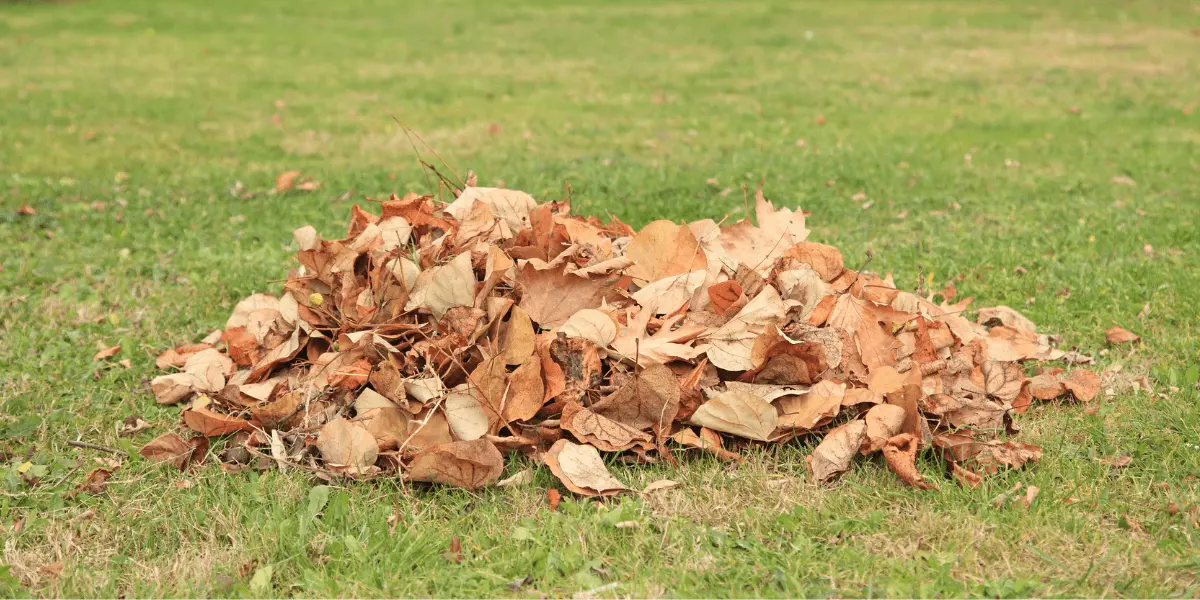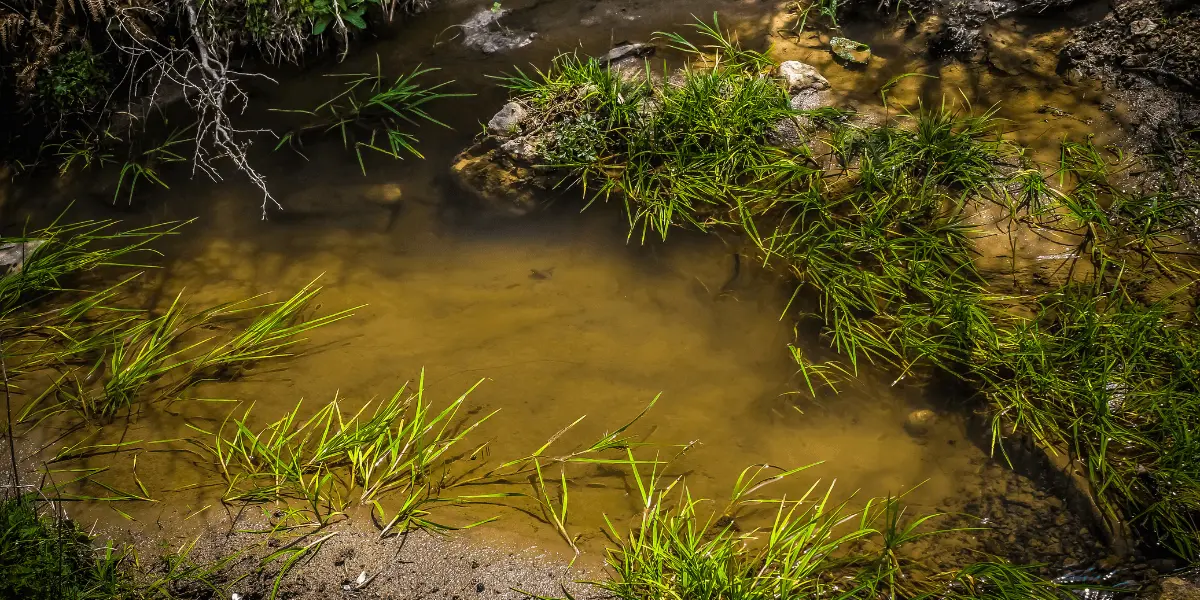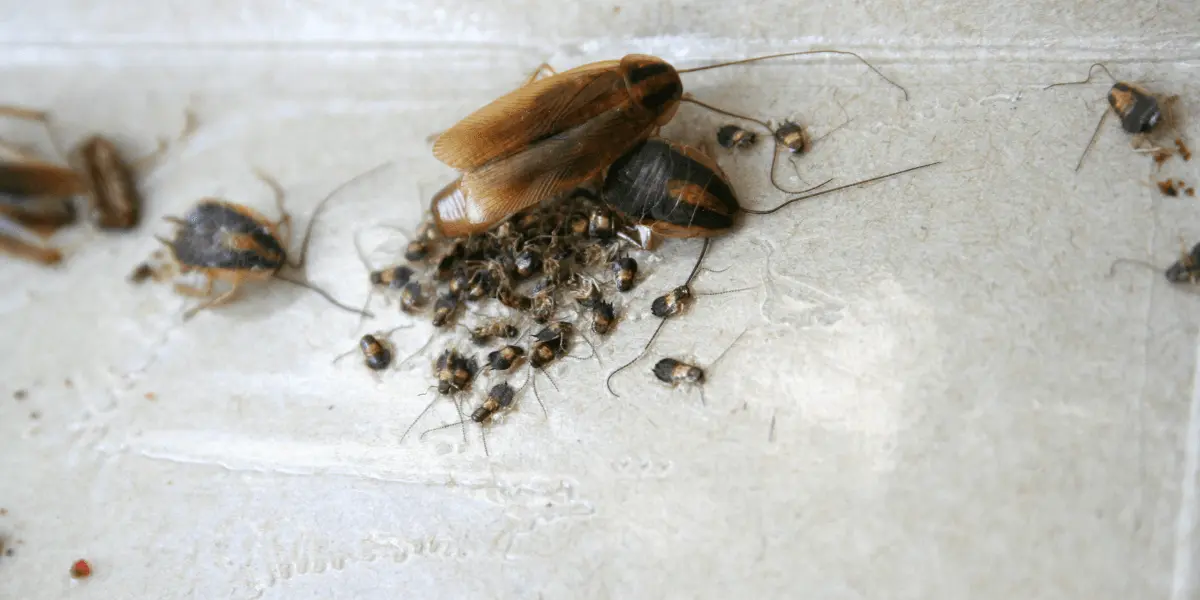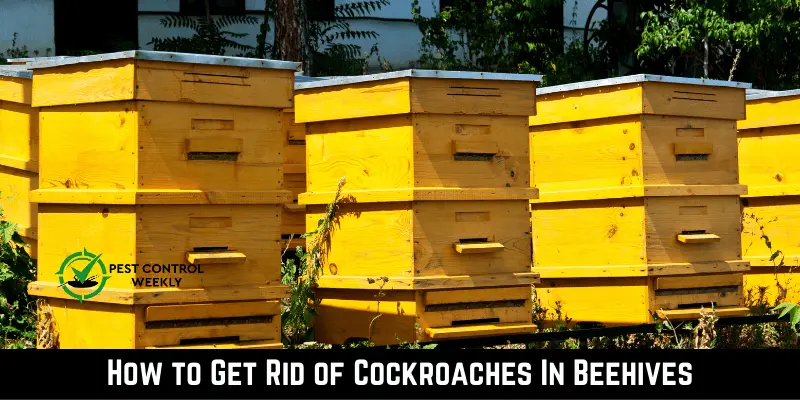Does your home include a beehive? If so, your beehives most likely contain cockroaches. It might be challenging to get rid of cockroaches, especially in a beehive. All you need are some strategies to defeat them. Now you may be thinking, how to get rid of cockroaches in beehives?
As cockroaches seek food, shelter, and water, beehives are rich sources of them. And once they get inside your bee hives, it needs some tactics to remove them. You can keep them at bay by installing net guards and spreading boric acid around your bee hives.
Do you want your beehives to be cockroach-free? To solve your issue, read the instructions below.
[11] Ways to Keep Cockroaches Away from Beehives
While being a challenging task, using the following advice will help you get rid of cockroaches from your beehives.
Inspect the Area Thoroughly
First, you should thoroughly inspect the area around your beehives for signs of the cockroach infestation. You can use a flashlight to search for cockroaches in woodpiles, blocks of hives, and other hiding places in and around your beehives.
Moreover, you can also use glue traps to trap cockroaches if the infestation is large. Continue monitoring those areas for two weeks until you find no signs of their infestation, like droppings and eggs.
Use Boric Acid
According to the Journal of Pesticide Biochemistry and Physiology, boric acid has good cockroach-controlling properties. Thus, you can use it around your beehives to keep roaches away. Furthermore, boric acid not only repels cockroaches but also aids in their death by targeting their neurological system.
You can use boric acid by dusting it on trees and beehives as a pesticide. Another way of using boric acid is to mix it in a small amount of water and then sprinkle it directly on your trees and beehives to ward off cockroaches.
Remove Piles of Wood and Leaves
As cockroaches love debris and cluttering areas, wood and leave heaps are the favorite places for cockroaches to hide. To prevent roaches from entering your beehive, untie any bundles of wood near trees.

Further, remove leaf heaps, grass clippings, and other yard garbage since cockroaches are attracted to them. Moreover, trim your plants regularly and dispose of rotten leaves to keep roaches away.
Wipe Out Standing Water
Standing water anywhere in your house and outdoors is an open invitation to cockroaches. If there is any standing water close to your home, it could act as a homing signal for cockroaches looking for water. Therefore, if you have stagnated water near your beehives, cockroaches may attack them to fulfill their quest.

To keep roaches away, remove any standing water, and if your drainage system has leaks, fix them immediately to avoid further damage.
Use Cockroach-Repellent Bee Covers
One of the best ways to keep cockroaches away from your beehives is to use a cockroach-resistant bee cover or net. You can buy such cockroach-proof mesh from your nearby market easily.
Just placing nets over the beehives is the most effective way to use these covers. These nets not only repel cockroaches but also helps in keeping away other pests from your beehives.
Employ Insecticidal Spray and Dust
Using insecticidal spray and dust helps you control the large cockroach infestation. To get effective results, follow the instructions on the insecticidal label to dilute it with water. Once you mix it in water, apply a small amount using an aerosol spray around your trees to prevent beehives from roaches.
Above all, apply this solution after every two to three weeks because it keeps away roaches for only one week of duration.
Use Sticky Cockroach Traps
Cockroach sticky traps are best for controlling a small infestation. They are good at trapping one to two roaches, not the whole colony. Thus, you can use these traps to monitor the presence of cockroaches in your beehives.

All you need to do is to place these sticky traps around your beehives. If a cockroach gets stuck, then there must be more of them. Therefore, you can use sticky traps to detect the presence of cockroaches and develop a plan to eliminate them.
Cover the Trashcans

Your trash bins are a great source of allurements for cockroaches. If you have garbage cans near your beehives, there must be a chance of cockroach infestation. To prevent cockroaches from entering your house and beehives, cover your bins tightly so that cockroach can’t make their way into trashcans and your beehives. Moreover, inspect the bins for potential holes because cockroaches can pass through them to have their feast.
Use Natural Cockroach Repellents
Using natural cockroach repellents is one of the most convenient and cheapest methods to deter cockroaches. You can use essential oils like peppermint, cedar, cypress, eucalyptus, and cayenne pepper to keep roaches away from your home and beehives.
To use these oils, mix 10-15 drops of any oil in a small amount of water, then sprinkle this solution around the tree where there is a beehive to protect it from cockroaches. Aside from this don’t spray this solution directly on your beehives because it may harm them.
Sprinkle Diatomaceous Earth
Diatomaceous earth is highly lethal to cockroaches. It causes severe dehydration in cockroaches that ultimately result in their death. According to the Asian Pacific Journal of Tropical Biomedicine, diatomaceous earth increases the mortality rate of cockroaches and is best for controlling them.
An excellent way to use diatomaceous earth is to fill it in a bulb syringe and then apply a thin layer around trees to keep away roaches from your beehives.
Call a Professional Pest Control Company
For efficient and secure roach eradication, call a professional pest control firm if the cockroach infestation is large and you are unable to handle it yourself. To remove cockroaches, these pest controllers first thoroughly inspect the indoor and outdoor areas. After that, they remove cockroaches by following special techniques and pesticides.
FAQs
How Do I Protect My Beehive?
You can protect your beehives from cockroaches and other animals like wasps and bears by installing an electric fence around beehives. An electric fence is best to deter large animals like bears from beehives.
To protect your hives from pests like cockroaches and wasps, you can use tarps to capture them. Moreover, inspect the area around your beehives to know the presence of cockroaches so that you can remove them instantly.
What Do You Spray a Beehive With?
If you want to eliminate bees from your hives, bee spray is best. To do this, combine a tiny bit of dish detergent with a small amount of water, then sprinkle the mixture on the hives to deter the bees. Similarly, if you want to keep pests away from your beehives, surround them with pest-proof nets.
Do Cockroaches Get in Bee Hives?
Yes, cockroaches love to hide in beehives because it provides shelter and food to them. Although cockroaches are not much dangerous to bees, they may ruin their nests. As cockroaches adore honey, you may surely find them in a honeybee hive. Thus, you need to take immediate steps to kick off roaches.
What Cockroach Bait for Hive Beetles Can Be Used?
You can remove beetles from your beehives by using cockroach bait. The best bait to keep away beetles is to combine 1 tbsp of Crisco, boric acid, and honey, then mix them well. Now, you can place this mixture around your beehives to keep away roaches. It will not only repel beetles but also kills them.
Final Thoughts
Beehives are one of the favorite places for cockroaches to hide. However, when they make their home in beehives, you can’t get rid of them easily. You need some special tactics to protect your beehives from roaches like net covers, fences, and pesticides to repel them.
The aforementioned advice ought to assist you in getting rid of cockroaches from your beehives. Thus, put these helpful suggestions into action and let them solve your problem.
One last piece of advice, if a cockroach infestation is bad, don’t attempt to handle it yourself because you risk endangering your beehives. Instead, contact a professional pest control specialist to handle the issue.
References
Meng Jiang, Feng-Yue Dong, Xiao-Yuan Pan, Ya-Nan Zhang, Fan Zhang, Boric acid was orally toxic to different instars of Blattella germanica (L.) (Blattodea: Blattellidae) and caused dysbiosis of the gut microbiota, Pesticide Biochemistry and Physiology, Volume 172, 2021, 104756.
Seyyed Akbar Hosseini, Sahar Bazrafkan, Hassan Vatandoost, Mohammad Reza Abaei, Mussa Soleimani Ahmadi, Maryam Tavassoli, Mansoreh Shayeghi, The insecticidal effect of diatomaceous earth against adults and nymphs of Blattella germanica, Asian Pacific Journal of Tropical Biomedicine, Volume 4, Supplement 1, 2014, Pages S228-S232, ISSN 2221-1691.
